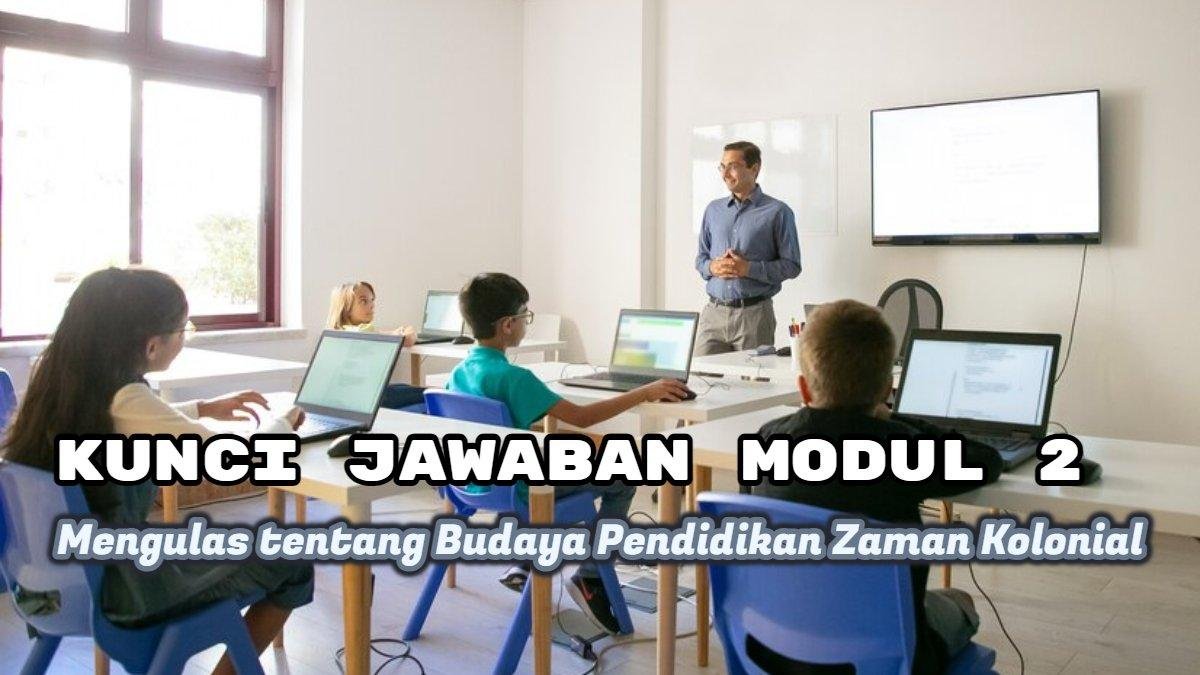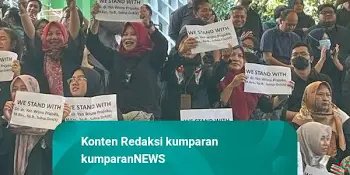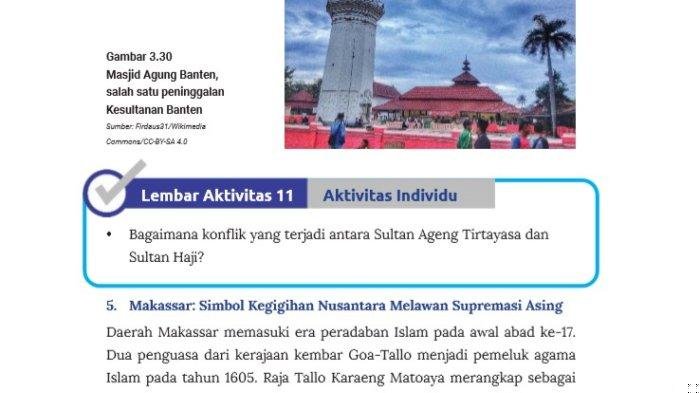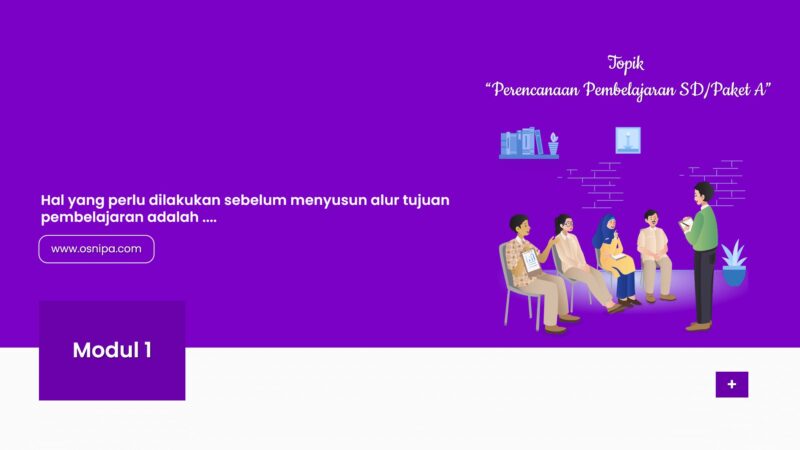Praktik Pendidikan Kolonial Apa Yang Pernah Anda Lakukan Selama Menjadi Guru?

In my experience as a teacher, I’ve often reflected on how historical practices shape our current educational landscape. One such reflection leads us to the question, praktik pendidikan kolonial apa yang pernah anda lakukan selama menjadi guru? Many educators find themselves unknowingly perpetuating colonial methods in their classrooms.
Despite the passage of time, remnants of colonial education persist in various forms. This article invites you to explore not only my experiences but also how we can critically evaluate the educational practices we adopt today. Let’s dive into the complexities of our teaching methods and their historical roots.
“`html
Praktik Pendidikan Kolonial Apa yang Pernah Anda Lakukan Selama Menjadi Guru?
Educators play a pivotal role in shaping the minds of students, and the practices they adopt can leave a lasting impact. When discussing the topic of colonial educational practices, we must reflect on historical contexts and how they influence modern teaching methods. Throughout my journey as a teacher, I have encountered various practices inspired by colonial educational systems. This article explores the significant aspects of these practices, their implications, and how they have transformed over time, ensuring we understand their relevance in today’s educational framework.
Understanding Colonial Educational Practices
Colonial educational practices refer to the methods and philosophies of teaching that were implemented during the colonial era. These practices were often designed to serve the interests of colonizers rather than to empower local populations. They aimed at instilling a certain set of values and knowledge deemed necessary by the ruling powers. Key characteristics of these practices include:
- Curriculum Control: The curriculum often focused on the language, history, and culture of the colonizers, sidelining local languages and traditions.
- Standardized Testing: Assessment methods were usually uniform and favored rote memorization, limiting critical thinking and creativity.
- Teacher Authority: Teachers held significant authority in the classroom, reflecting the hierarchical nature of colonial society.
- Exclusion of Indigenous Knowledge: Local knowledge and practices were often dismissed, leading to cultural erasure.
Reflecting on these foundational elements sheds light on how they resonate in contemporary educational settings.
My Experiences with Colonial Educational Practices
During my years of teaching, I have encountered various elements reminiscent of these colonial practices. Here are some notable experiences:
Emphasis on Rote Learning
In many instances, I adopted teaching methods that emphasized memorization over understanding. For example, during math lessons, I often encouraged students to memorize multiplication tables without delving into the concepts behind them. This technique mirrors colonial education’s focus on rote learning, which stifles creativity and critical thinking.
Language Hierarchies in the Classroom
Working in a multicultural environment, I noticed a tendency to favor the language of instruction over native languages. In classrooms where several languages were spoken, I observed students feeling marginalized if they could not communicate effectively in the dominant language. This practice echoes the colonial preference for the colonizer’s language, leading to a loss of confidence in students who struggled with language barriers.
Assessment Methods
Standardized testing was a significant part of my teaching experience. I often used multiple-choice questions that focused on recalling facts. This approach resembles colonial educational assessments designed to measure obedience and compliance rather than understanding or critical thinking skills. Although I aimed to prepare students for future academic challenges, I can now see the limitations of such methods in fostering true comprehension and creativity.
Impact of Colonial Educational Practices on Students
The legacy of colonial education has shaped students’ experiences in profound ways. Here are several impacts I observed:
Loss of Cultural Identity
When students engage with a curriculum that prioritizes foreign histories and cultures, they may feel disconnected from their own heritage. I witnessed students struggling to relate to the material and often dismissing their cultural backgrounds as inferior. This disconnection could lead to a decline in self-esteem and a reduced sense of belonging.
Limited Critical Thinking Skills
The focus on memorization over critical thinking hindered students’ ability to analyze situations or think creatively. Many students found it challenging to engage in discussions or solve problems independently. The reliance on rote learning produced a generation of students who followed instructions without questioning or understanding their implications.
Reinforcement of Power Dynamics
In classrooms where teacher authority was paramount, students learned to accept hierarchical structures without questioning them. I noticed that some students hesitated to express their opinions or challenge ideas presented by teachers. This submission to authority reflects broader societal dynamics established during colonial rule and is detrimental to fostering a sense of agency and empowerment in students.
Adapting and Overcoming Colonial Practices
Recognizing these colonial legacies inspired me to modify my teaching practices. Here are the strategies I implemented:
Incorporating Local History and Culture
To foster a sense of belonging among my students, I began integrating local history and cultural practices into the curriculum. I encouraged students to share their experiences and backgrounds, creating a richer learning environment. This approach not only validates their identities but also promotes a deeper understanding of the social context that shapes their lives.
Encouraging Critical Thinking
I shifted my focus toward fostering critical thinking skills by incorporating project-based learning. Students engaged in collaborative projects that required them to analyze information, pose questions, and present their findings. This allowed them to develop a sense of ownership over their learning, breaking away from the traditional authoritarian model.
Multilingual Education
Recognizing the value of multilingualism, I integrated local languages into the classroom. By encouraging students to express themselves in their native languages, I created an inclusive environment. This practice helped students gain confidence and appreciation for their linguistic heritage, reducing the stigma attached to using their mother tongue.
The Role of Technology in Education
As education evolves, technology plays a crucial role in shaping teaching methodologies. Here’s how technology can be leveraged to further overcome colonial educational practices:
Access to Diverse Resources
The internet provides access to a wealth of resources that reflect diverse cultures and perspectives. Through online platforms, students can explore indigenous knowledge, traditions, and histories that align more closely with their experiences. This exposure encourages critical thinking and appreciation for the plurality of human experiences.
Interactive Learning Environments
Technology enables the creation of interactive and engaging learning environments. Using tools like educational apps and online forums fosters collaboration and communication among students. This practice empowers them to express their thoughts and collaborate on projects, moving away from the traditional teacher-centered approach.
Personalized Learning Opportunities
With technology, teachers can offer personalized learning experiences that cater to individual student needs. Adaptive learning software can identify students’ strengths and weaknesses, allowing for tailored instruction. This method prioritizes student agency and supports diverse learning styles, which is a significant departure from the one-size-fits-all approach of colonial education.
Reimagining the Future of Education
As educators, we have a responsibility to learn from history and shape a more inclusive and equitable educational landscape. Here are some ways to reimagine the future of education:
- Focus on Student-Centered Learning: Shift from teacher-led instruction to student-centered learning experiences that empower students to take charge of their education.
- Emphasize Global Citizenship: Educate students about global issues and promote awareness of diverse cultures to foster empathy and understanding.
- Integrate Social Emotional Learning: Address the emotional well-being of students, encouraging them to express feelings and develop resilience.
By embracing these strategies, we can create an educational framework that not only acknowledges the past but also promotes a brighter, more inclusive future.
Through these experiences and reflections on colonial educational practices, I’ve come to appreciate the importance of adapting teaching methods to create a more equitable classroom. By consciously moving away from outdated, colonial-inspired practices, we can foster a learning environment that respects cultural identities, encourages critical thinking, and empowers students to shape their futures.
“`
Pendidikan Zaman Kolonial di Indonesia
Frequently Asked Questions
“`html
What challenges did you face while implementing colonial education practices?
Implementing colonial education practices posed numerous challenges. One significant issue was resistance from both students and parents who valued traditional ways of learning. Additionally, the curriculum often emphasized the colonizer’s culture and language, which marginalized local histories and identities. This created conflict, as many students struggled to connect with the material being taught and felt alienated from their own heritage.
How did colonial education impact student engagement and motivation?
Colonial education often diminished student engagement and motivation. Many students found the curriculum irrelevant to their lives, leading to apathy towards learning. The focus on rote memorization and standardized testing discouraged critical thinking and creativity. Furthermore, the emphasis on colonial values sometimes conflicted with students’ cultural backgrounds, resulting in a lack of interest in the subjects being taught.
In what ways did you adapt colonial educational practices to better serve your students?
To improve educational outcomes, I adapted colonial practices by integrating local cultural elements into the curriculum. I included indigenous literature, history, and languages alongside the colonial content, allowing students to see the value in both their heritage and the lessons being taught. Additionally, I encouraged critical discussions about colonialism, helping students to analyze and contextualize their learning within their own experiences.
What role did the community play in your educational practices during that period?
The community played a vital role in shaping educational practices. Engaging with local leaders, parents, and elders, I sought their input on what students should learn, making education more relevant and culturally sensitive. Community involvement fostered a sense of ownership among families, encouraging more students to attend school and participate actively in their education.
What lessons did you learn from your experience with colonial education practices?
My experience with colonial education practices taught me the importance of inclusivity and cultural relevance in teaching. I learned that education should reflect the diverse backgrounds of students and that valuing their cultures fosters a positive learning environment. Additionally, I recognized the need for critical thinking skills over rote memorization to prepare students for the complexities of their communities and the world.
“`
Final Thoughts
In reflecting on my experiences as a teacher, I recognize how colonial education practices influenced my approach. I often incorporated rote memorization and strict discipline, which echoed the methods from the colonial era. These practices shaped my students’ learning experiences, sometimes stifling creativity and critical thinking.
Therefore, it is essential to question “praktik pendidikan kolonial apa yang pernah anda lakukan selama menjadi guru?” and assess their impact on education today. By understanding these historical influences, we can create a more inclusive and innovative learning environment for future generations.







